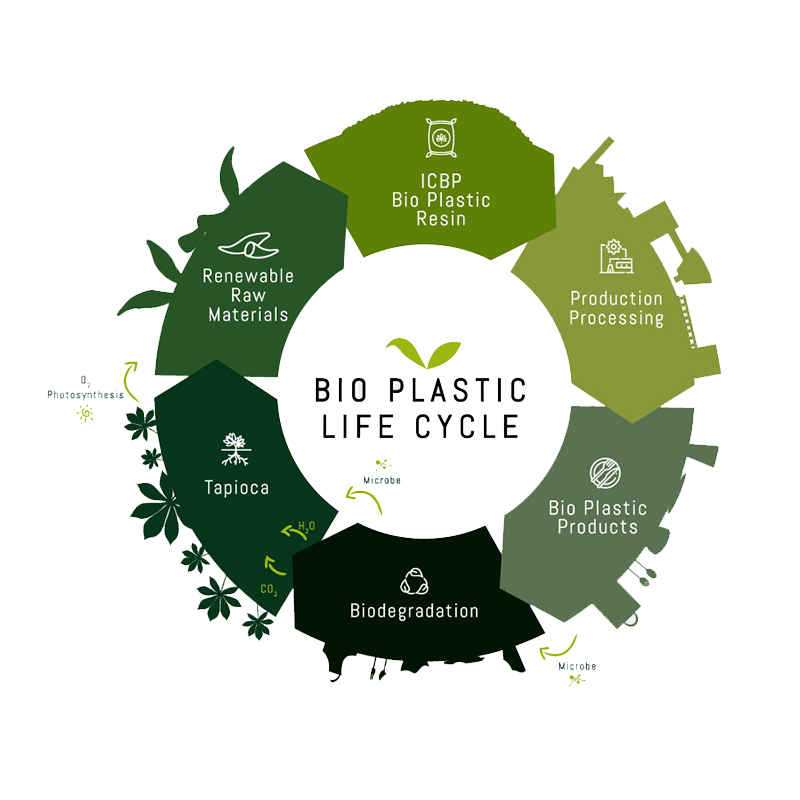백팩의 미래 변화: 바이오 기반 소재에 초점
Nov 21, 2024
그런 세상을 상상해 보세요. 배낭 기능적일 뿐만 아니라 지속 가능한 미래에도 기여합니다. 대나무, 옥수수 또는 농업 폐기물과 같은 재생 가능한 재료로 제작된 바이오 기반 배낭은 성능 저하 없이 친환경 솔루션을 제공하면서 업계에 혁명을 일으키고 있습니다. 바이오 기반 소재란 무엇입니까?바이오 기반 소재는 유한한 화석 연료가 아닌 식물, 조류 또는 농업 부산물과 같은 재생 가능한 생물학적 자원에서 파생됩니다. 일반적인 예로는 폴리락트산(PLA), 코르크, 유기농 면, 대나무 섬유 등이 있습니다. 이러한 소재는 생산 중 탄소 배출량이 적고 기존 석유 기반 플라스틱에 대한 의존도를 줄이는 데 도움이 되는 경우가 많습니다.예를 들어 옥수수 전분에서 추출한 PLA는 이미 생분해성 포장재로 활용되고 있습니다. 마찬가지로, 코르크와 대나무 섬유는 독특한 질감과 지속가능성 자격 증명으로 인해 주목을 받고 있어 환경을 고려한 디자인에 이상적입니다.바이오 기반 소재가 배낭 산업에 혁명을 일으키는 이유지속 가능성 목표: 탄소 배출량 감소를 목표로 하는 글로벌 규정에 따라 바이오 기반 소재는 많은 조직의 지속 가능성 요구 사항에 부합합니다.시장 동향: 최근 연구에 따르면 미국과 유럽에서는 지속가능한 제품에 대한 수요가 1년 이상 증가한 것으로 나타났습니다. 25% 지난 5년 동안. 조달 관리자는 최종 고객의 기대에 부응하기 위해 친환경 제품을 우선시합니다.기능적 혁신: 코르크와 같은 소재는 방수 기능을 제공하고, 대나무 섬유는 항균 기능을 제공하여 백팩의 디자인과 활용성을 확장합니다.환경에 미치는 영향: 바이오 기반 소재는 단순히 플라스틱을 대체하는 것이 아닙니다. 전체 수명주기 배출을 줄여 순환 경제를 촉진합니다.도전과 기회바이오 기반 소재는 혁신을 가져오지만 더 높은 비용과 제한된 확장성과 같은 과제에 직면해 있습니다. 그러나 생명공학의 발전과 규모의 경제가 이러한 우려를 빠르게 해결하고 있습니다. 예를 들어, 일부 제조업체는 다음과 같은 비용 절감을 보고했습니다. 20-30% 지난 3년 동안 바이오 플라스틱 분야에서 폭넓은 채택을 위한 길을 열었습니다. 지속 가능성에 대한 Synberry의 약속~에 신베리, 우리는 배낭 디자인에 바이오 기반 소재를 통합하기 위해 최선을 다하고 있습니다. 우리는 선도적인 공급업체와 협력하고 R&D에 투자함으로써 지속 가능성, 기능성, 비용 효율성의 균형을 맞추려고 노력하고 있습니다. 우리의 노력에는 식물 기반 라이닝, 생분해성 하드웨어, 생체 복합 강화재와 같은 옵션을 탐색하는 것이 포함되어 우리 제품이 최고의 산업 표준을 충족하도록 보장합니다.Synberry 지속 가능한 배낭 공급업체로서 우리는 조달 관리자에게 환경을 고려한 솔루션을 제공하는 것의 중요성을 이해하고 있습니다. 바이오 기반 소재를 귀하의 제품 범위에 포함시키는 것은 증가하는 소비자 수요를 충족할 뿐만 아니라 지속 가능성에 대한 귀하의 약속을 강조합니다. 함께, 더 친환경적이고 혁신적인 미래를 향해 배낭 산업을 이끌어 갑시다.

 네트워크 지원
네트워크 지원
